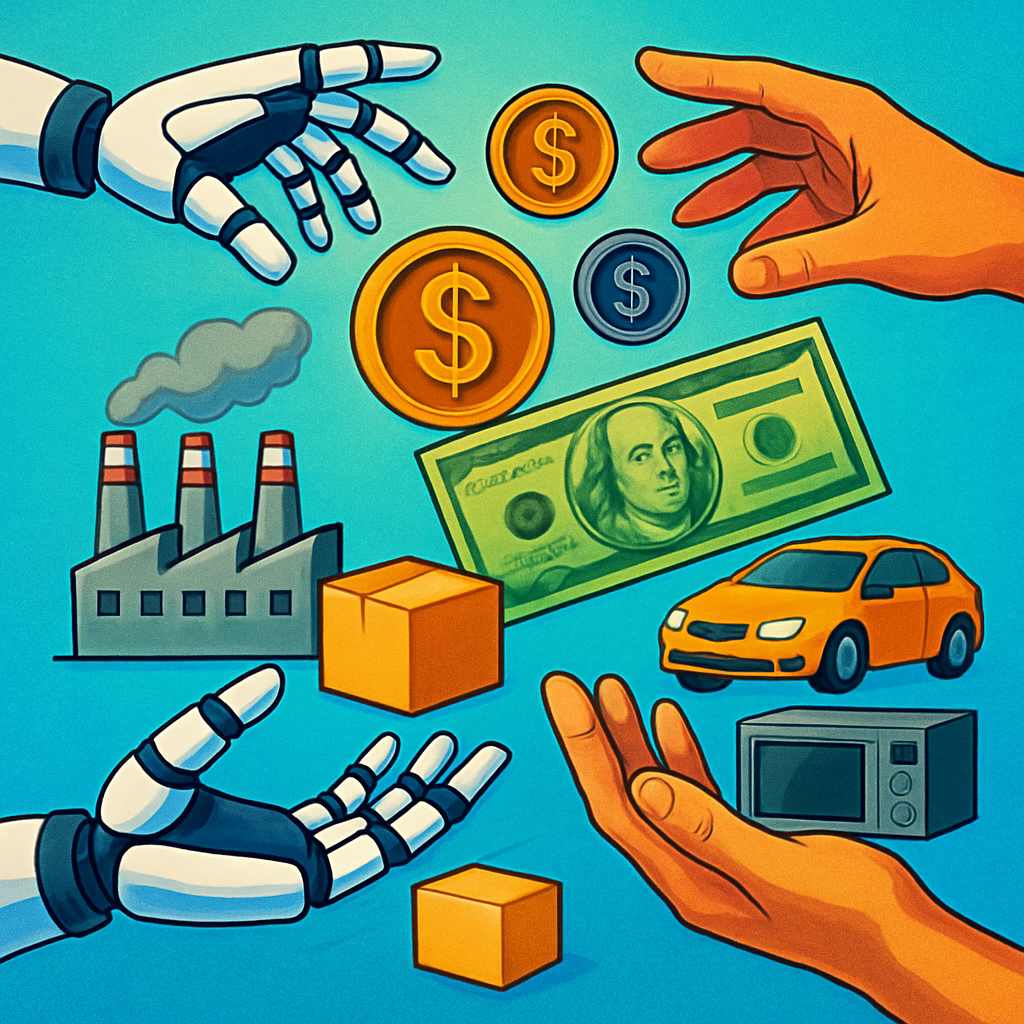As AI and automation extend to practically every aspect of our employment, a deep, seemingly contradictory question arises: If firms replace most occupations with machines, who will still have money to be a customer?
On the one hand, automation sounds great: it will reduce expenses, increase efficiency, and make goods more affordable for more people. However, if too many jobs are lost, the market on which those companies rely may shrink because people without employment cannot buy much, no matter how cheap products get. This is a classic “catch-22” that economists refer to as the AI economic paradox.
From the spinning jenny to the internet, new technology has always created more jobs than it has destroyed. AI, on the other hand, varies in size and scope; it may perform tasks that were previously assumed to require solely human talents. Some individuals are optimistic that this will result in new industries and job prospects, while others are concerned that there will be a gap in which jobs disappear quicker than new ones are created.
Some experts believe we must make significant changes, such as providing everyone with a basic income, developing new types of professions, and even changing our perceptions of success and worth in society. Some individuals point out how history continues. Even during difficult times, people and economies evolve.
However, as automation speeds up, more indicators of stress emerge. Today, many people looking for work must search for longer periods of time, face increased competition, and are unsure of where they fit into the workforce’s future. Some industries, such as healthcare and green energy, are still thriving, but others are laying off workers and restructuring, particularly in professions that may be easily automated.
This “AI paradox” forces society to consider major concerns, such as whether new safety nets should be established if the link between employment and money fades. What can we do to ensure that people continue to have a sense of purpose, dignity, and money to spend when jobs become scarce? In a world where machines perform increasingly mundane and even creative tasks, what additional types of contributions might be important?
Even in the face of these challenges, there is still opportunity for optimism and innovation. Instead of fighting change, we may need to shape it by learning new skills, enacting regulations that share the benefits of technological advancement, and determining what it means to succeed in a society full of machines.
The decisions we make jointly as we move forward –finding a balance between technology’s promise and society’s needs– will determine whether this dilemma worsens or makes the economy more equitable and open to all.
-Rami

